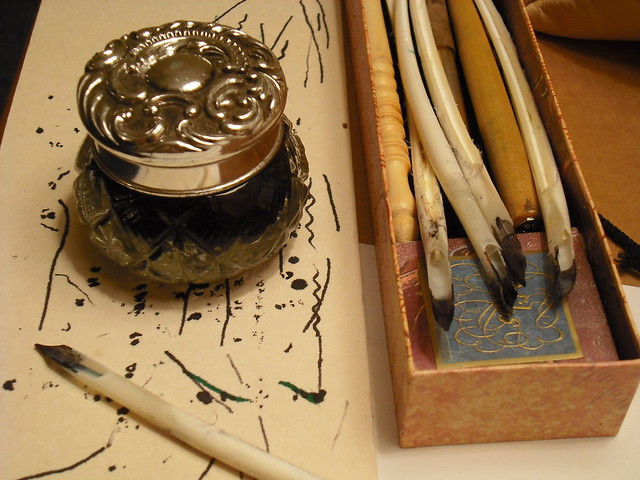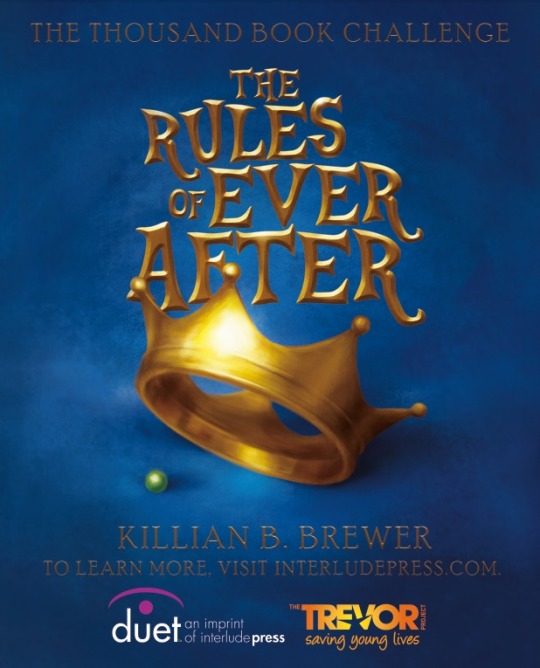It’s the most wonderful time of the year?
Nanowrimo came into my life for the first time when I was a freshman in college. I still remember the plot of that very first attempt, even though I didn’t even come close to finishing the story. It was about about a college freshman who felt very dissatisfied and through some plot-convenient bit of magic was offered the chance to wish herself into various futures by changing various choices she had made in her past.
I only made it about 5,000 words in, but I will never forget the part of that story where my main character (whose name now escapes me but I’d wager it started with an A) awoke to find herself as an obnoxious diva Broadway star who was deeply disliked and her husband and best friend (also based on people I knew) were having an affair. She was desperate to find out how she could have let her life get like this and immediately went looking for her journals to find a record of her choices up to this point, only to find, horror of horrors, she had ceased journaling many years ago.
Thinking about what I was going through emotionally during that year, my story doesn’t surprise me. But that first nanowrimo didn’t change my life.
Or did it?
I changed a lot that first year of college and I faced a lot of my own emotional turmoils. There were plenty to come, but that second true attempt at writing a novel (My 1st had been based on Sailor Moon fanfiction and that’s another story for another day), solidified in me that I dreamed of one day writing a book or two or three or even four.
The most awful choice I could imagine myself making so many years ago was to stop writing.
It’s a choice I’ve almost slipped into a number of times over the years.
I am not an obnoxious diva hated by everyone forced to deal with me on a daily basis, but there are large gaps in my journals and lots of days (weeks, oh let’s face it, months) over the past few years when I got no writing done. I won’t delve into the reasons for that here for the time being, but I want to bring it up because this year I am once again attempting a true nanowrimo because…I need to.
I need to get myself into a habit again. A habit I once considered an utter sin to for me to give up.
At the end of this month I will emerge, hopefully with a novel about the 1981 longest professional baseball game, but definitely with the knowledge that I can return to myself, the one part of myself that no matter what else changes I always want to be able to lay claim to. Writing is not what I do. It is part of who I am.

